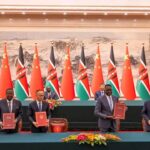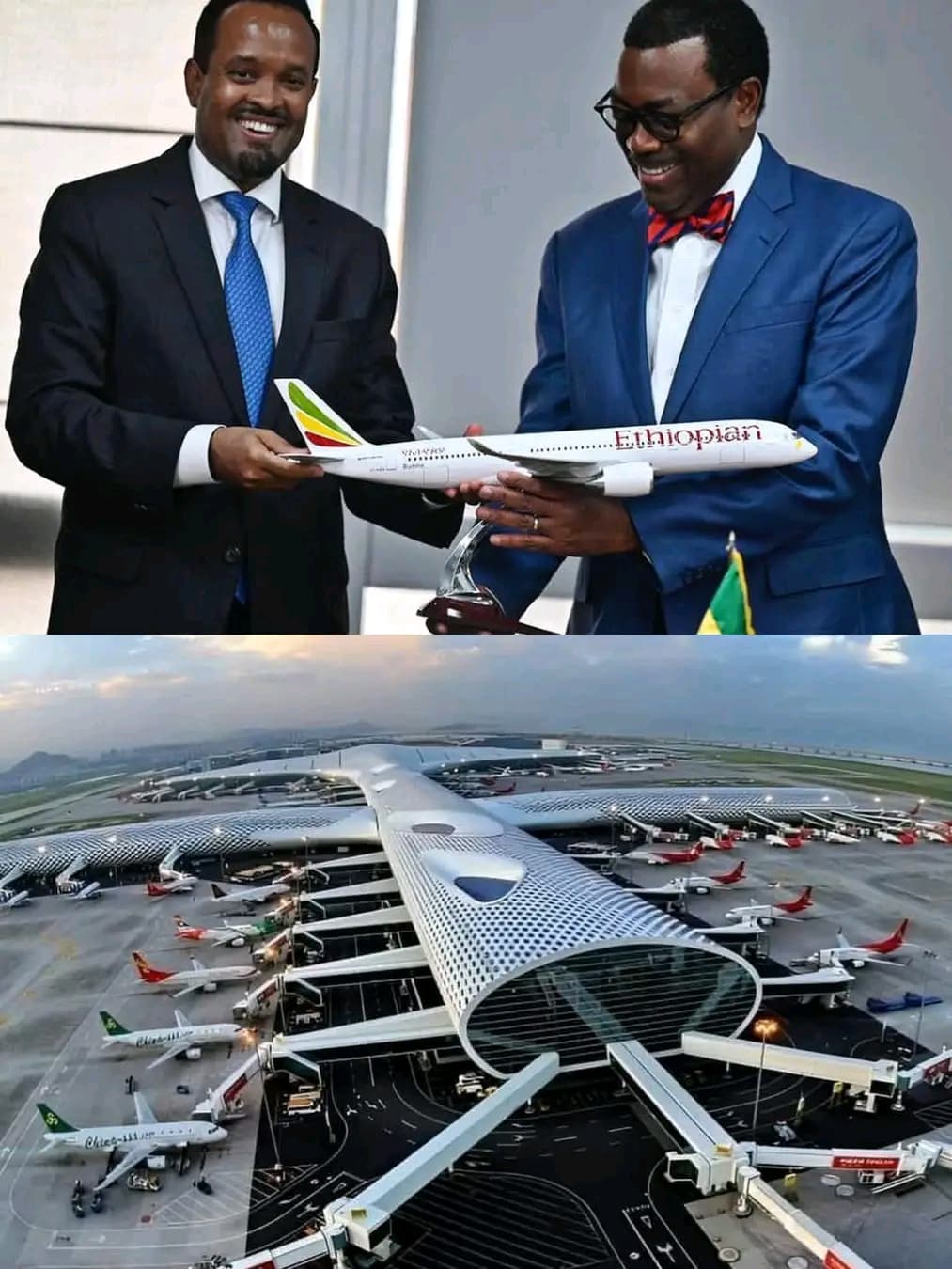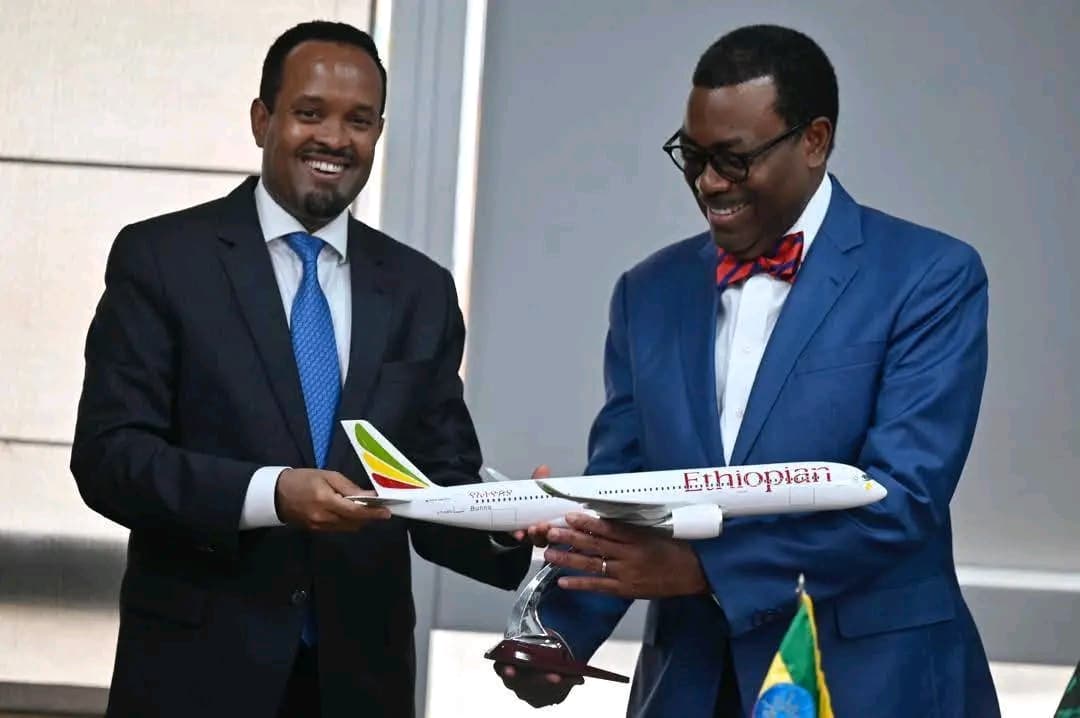Global airlines have expressed worry over fresh impositions of travel bans and flight restrictions as governments race to prevent the spread of the COVID-19 Omicron variant.
The carriers, under the aegis of the International Air Transport Association (IATA), said the emerging disruption would set the sector’s slow recovery backwards, with additional losses for struggling airlines
They said though the recovery in air travel continued in October 2021 with broad-based improvements in both domestic and international markets, the imposition of travel bans by governments, against the advice of the World Health Organisation (WHO) now threaten the current gains.
Since South Africa announced the discovery of the Omicron variant last week, the virus has shown up in at least 24 countries. More than 30 countries have closed borders to flights from some nations, especially from the southern Africa region, and others have imposed stricter measures to curb the spread of the Omicron variant.
IATA, representing over 290 global airlines, estimated that total demand for air travel in October 2021 (measured in revenue passenger kilometers or RPKs) was down 49.4 per cent compared to October 2019. This was improved over the 53.3 per cent fall recorded in September 2021, compared to two years earlier.
International passenger demand in October was 65.5 per cent below October 2019, compared to a 69.0 per cent decline for September versus the 2019 period, with all regions showing improvement.
IATA’s Director-General, Willie Walsh, said October’s traffic performance reinforces that people will travel when they are permitted to.
“Unfortunately, government responses to the emergence of the Omicron variant are putting at risk the global connectivity it has taken so long to rebuild,” Walsh said.https://6e6cbb96e7905d7ab63f8a43b2abc1a4.safeframe.googlesyndication.com/safeframe/1-0-38/html/container.html
African airlines’ traffic fell 60.2 per cent in October versus two years’ ago. Traffic in September was down 62.1 per cent over the corresponding 2019 period. October capacity was down 49.0 per cent and load factor declined 15.2 percentage points to 54.1 per cent.
European carriers’ October international traffic declined 50.6 per cent versus October 2019, much improved over the 56.5 per cent drop in September compared to September 2019. Capacity dropped 41.3 per cent and load factor fell 13.7 percentage points to 72.5 per cent.
Asia-Pacific airlines saw their October international traffic fall 92.8 per cent compared to October 2019, fractionally improving over the 93.1 per cent decline recorded for September 2021 compared to two years ago. Capacity dropped 83.8 per cent and the load factor was down 44.0 percentage points to 35.7 per cent, the lowest among regions by far.
Walsh remarked that the lifting of the U.S. restrictions on travel from some 33 countries last month raised hopes that a surge in pent-up travel demand would buoy traffic over the coming Northern Hemisphere winter.
“But the emergence of the Omicron variant panicked many governments into once again restricting or entirely removing the freedom to travel—even though WHO clearly advised that ‘blanket travel bans will not prevent the international spread, and they place a heavy burden on lives and livelihoods. The logic of the WHO advice was evident within days of Omicron’s identification in South Africa, with its presence already confirmed in all continents. The ill-advised travel bans are as ineffective as closing the barn door after the horse has bolted,” Walsh said.
Last month, IATA released a blueprint to help guide governments in safely re-opening their borders with data-driven decision-making. Specifically, IATA urged governments to focus on three key areas that include simplified health protocols, digital solutions to process health credentials, and COVID-19 measures proportional to risk levels with a continuous review process.
“Additionally, governments must address the terrible disparity in vaccination rates that has seen the developed world offering boosters at a time when less than 10 per cent of the African continent is fully vaccinated,” Walsh said.











